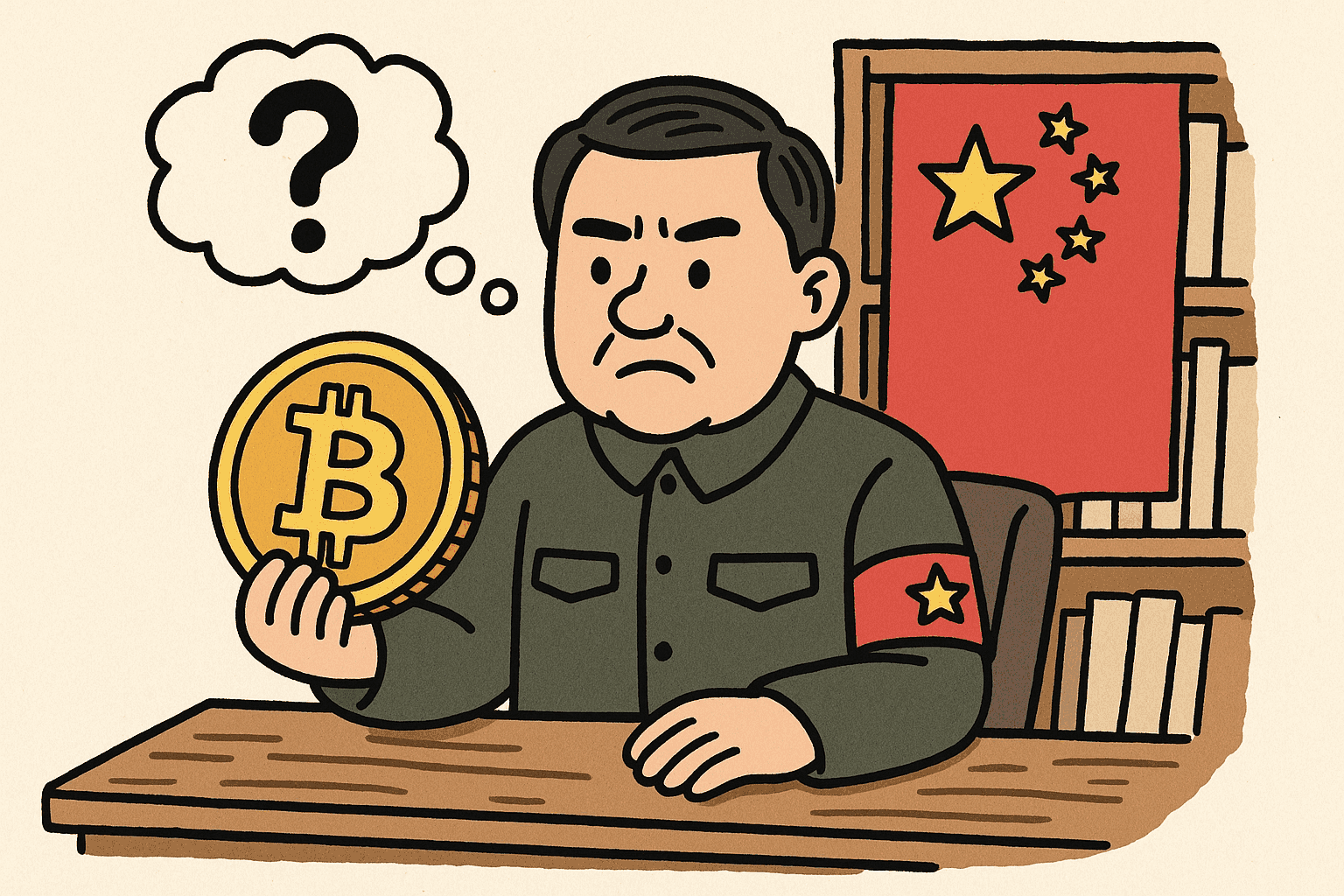
China Considers Strategies for Managing Billions in Seized Cryptocurrency
China has accumulated a significant amount of cryptocurrency, amounting to billions of dollars, confiscated from criminal activities. Authorities are now contemplating what to do with these assets, especially since trading cryptocurrencies is prohibited in the country.
This situation is not as straightforward as simply liquidating the assets. Various law enforcement agencies in different regions have resorted to utilizing private firms to sell these seized assets, converting them into state revenue despite the national ban on crypto trading. However, this practice falls into a murky legal space, raising concerns about the potential for shady dealings.
🇨🇳 CHINA SECRETLY SELLING SEIZED BITCOIN TO BOOST THEIR ECONOMY?
Local Chinese governments are quietly offloading seized crypto assets—despite a strict national ban on crypto trading—to refill public coffers as the economy falters. They reportedly held around 15,000 Bitcoins… Read more
The fact that regional governments are increasingly cashing out these assets has prompted legal experts to call for clearer governance regarding cryptocurrencies in China. They advocate for the formal acknowledgment of crypto as property, which could help standardize handling processes for seized assets without necessarily revoking the trading ban.
Economic Implications and Strategic Considerations
This isn’t merely a legal dilemma; it also poses financial questions. In 2023, China logged nearly $59 billion related to crypto-linked crimes, highlighting the issue’s importance. Some experts propose establishing a state-run reserve for crypto assets instead of quickly selling them, allowing China to maintain financial flexibility.
Centralized Management of Seized Crypto
The absence of a central authority dictates how confiscated cryptocurrencies are administered has instigated discussions among officials and experts alike. Proposals include creating a specific department under the People’s Bank of China to oversee these assets, aiming to unify China’s approach to managing seized cryptocurrencies.
Conclusion
As debates intensify within governmental circles, it’s clear that a lack of cohesive strategy could lead to mismanagement and potential corruption. The ongoing opacity surrounding how seized cryptocurrencies are handled must be addressed, or China risks overlooking an essential aspect of its economic landscape.



